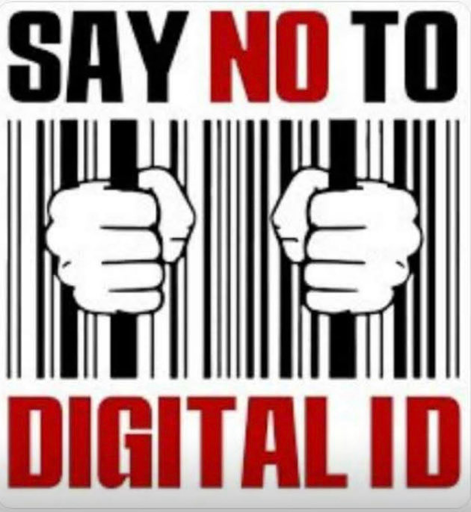It’s not the ID. It’s the implementation. I do like the Belgian implementation… It’s been nearly 10 years now and it seems to be pretty secure and trustworthy.
I’ve had to research digital ID backend architecture in depth, and I’ll be honest, the digital ID itself isn’t the problem. If anything it’s more sane and efficient, and certainly doesn’t add any more data than you’ve already given the government. What ELSE do expect there to be?
The issue with digital IDs is how they’re used by vendors and websites, and what data from interactions is recorded. If a digital ID system used a third-party audited Zero Knowledge Proof system, it would actually be better than the unholy mess we have now with every service scrounging for your data and face.
But, the day a government does a tech thing right on the first try is the same day I sprout wings from my ass and fly away.
“Please accept all our tracking cookies before being able to read this website”
Wow, so many words but no real explination for the extreme stance this author takes against the e-ID other than “Class oppression” or whatever…
And then you need to accept 1000 cookies before you can read.
And then you need to accept 1000 cookies before you can read.
In my case I just had to click 2 buttons to disagree. Still annoying but not as infuriating as those checkboxes which you have to uncheck.
That’s illegal. Google was fined millions and forced to change it to 1-click
The number of vendors listed in those check boxes is batshit insane. Like some of the check boxes have 100 vendors.
It sure would suck if the government had information on your driving license and passport already, so that they could identify you, or that you carry around a mini GPS beacon in your pocket, allowing you to be tracked as long as there is signal…
What a nightmare that would be
Reducing manufactured ICE raids will be used as an excuse to register.
I think the issue isn’t with “Digital ID” per se, but rather with another issue the article touches on which is how people end up lost as data in a vast system.
In Australia, we’ve had ongoing class action lawsuits and scandals relating to our welfare system because past governments implemented aggressive (and illegal) rules that cut payments early and even made up enormous fake debts which drove some people to suicide.
So far no criminal charges have been laid on the people who came up with these cruel ideas.
Fortunately, you can regulate your access to your ID by using one of these:
Oh that’s a sexy form factor! It does fold and hold the card in place right?
I do have a card reader already but its cable isn’t in top shape. Any reference?
That’s what we use in Estonia. Google “e-residency Estonia”
Thanks, I already have been using a card reader for years now and mine words well. I meant specifically this form factor that can fold. I did find an alternative since then though.
Yeah, the one issued by the Estonian government folds. Never had to buy one, but I hear every gas station in Estonia sells them too.
I just threw “id card reader” into Brave Search. But I think the image is from Amazon.
No worries, found a slightly different design but same principle and also in USB-C.
i don’t know if the current solution of sending a photo of a physical ID together with a selfie to facebook is any better in terms of control or privacy. while at the same time i believe more places will ask to ID you when a digital ID happens in a given country
and i don’t think it’s an “if” either. we do have reasons to ID people irl too and the more life happens online the more those reasons also appear online. the only thing to me that is realistic is to work to have those solutions implemented the right way with as little possibilities for surveillance as possible. otherwise we just keep sending selfies and pictures of IDs around forever







